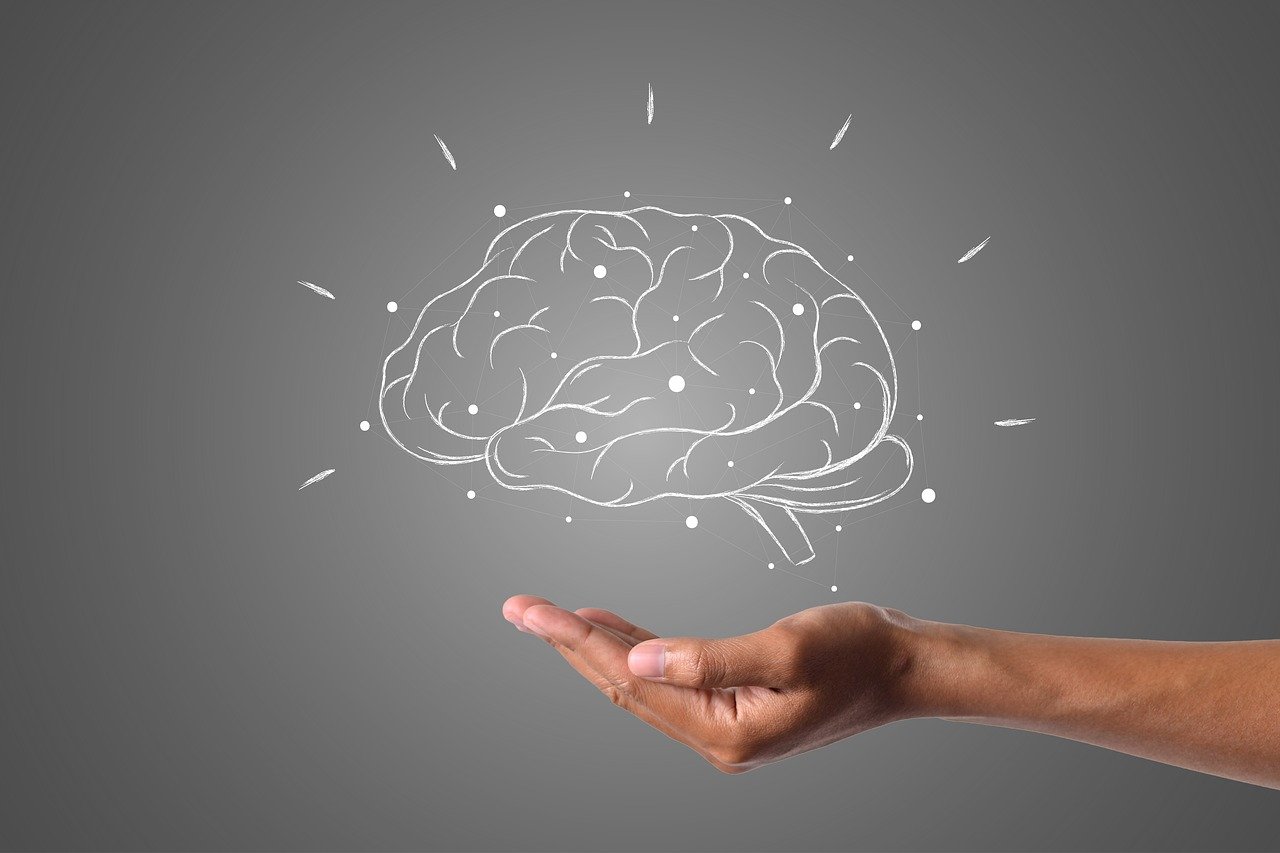Reading a book is like feeding your brain a superfood. It’s not just about absorbing information; it’s about transforming how your brain functions. Reading is a complex task that engages various brain regions, stimulating neural pathways and enhancing brain activity, memory, and cognitive function. This stimulation not only boosts creativity but also expands your capacity to learn.
The Cognitive Benefits of Reading
Reading isn’t merely a method to cram facts into your brain; it actively rewires your mind. It strengthens your ability to imagine different scenarios, remember details, visualize complex scenes, and solve problems. In essence, reading makes you more knowledgeable and functionally smarter. This is why so many successful people emphasize the importance of reading as a daily habit.
Just as regular exercise strengthens your muscles, frequent reading exercises your brain. Engaging in reading regularly can help slow the natural decline in memory and cognitive function that typically comes with age. Avid readers are significantly less likely to develop memory-related issues compared to those who engage in fewer mentally stimulating activities. This highlights the significant role that reading plays in maintaining long-term brain health.

How Reading Changes the Brain
Reading involves a complex network of circuits and signals within the brain. As your reading skills develop, these networks become stronger and more sophisticated. The act of reading enhances brain connectivity, particularly in areas responsible for processing and understanding text, leading to improved cognitive function.
Regular reading helps make you smarter by increasing your brainpower. Just as jogging exercises your cardiovascular system, reading regularly gives your brain a thorough workout, improving memory function. With age, memory, and brain function naturally decline, but reading may help slow this process, keeping your mind sharper for longer.
Paper Books vs. E-Readers: The Format Matters
Reading is widely recognized as beneficial for brain and memory function, as well as for maintaining cognitive health as you age. It also enhances brain connectivity, reduces stress, promotes relaxation, improves sleep, and may decrease the risk of developing memory-related issues. However, the format in which you read can influence these benefits.
The ongoing debate between paper books and e-readers often splits people into two camps: those who favor the sentimental value of a physical book and those who prefer the practicality and convenience of an e-reader. However, to reap the greatest health benefits from reading, traditional paper books are generally favored.
The tactile experience of holding a physical book, feeling the pages, and seeing your progress plays a crucial role in engaging your brain and aiding memory retention. The physical act of reading, with the sensation of holding and flipping through pages, is vital for fully engaging your brain and promoting long-term memory of the text.
Conclusion: The Lasting Impact of Reading
Reading profoundly affects the brain by enhancing brain activity, memory, and cognitive function. The benefits of reading, particularly from physical books, are numerous and include improved brain connectivity, reduced stress, and a sharper mind as you age. Whether you’re reading for pleasure or to gain knowledge, the act of reading is a powerful way to keep your brain healthy and strong. The simple act of picking up a book can have lasting, positive effects on your mental well-being
Facebook
Twitter
LinkedIn


